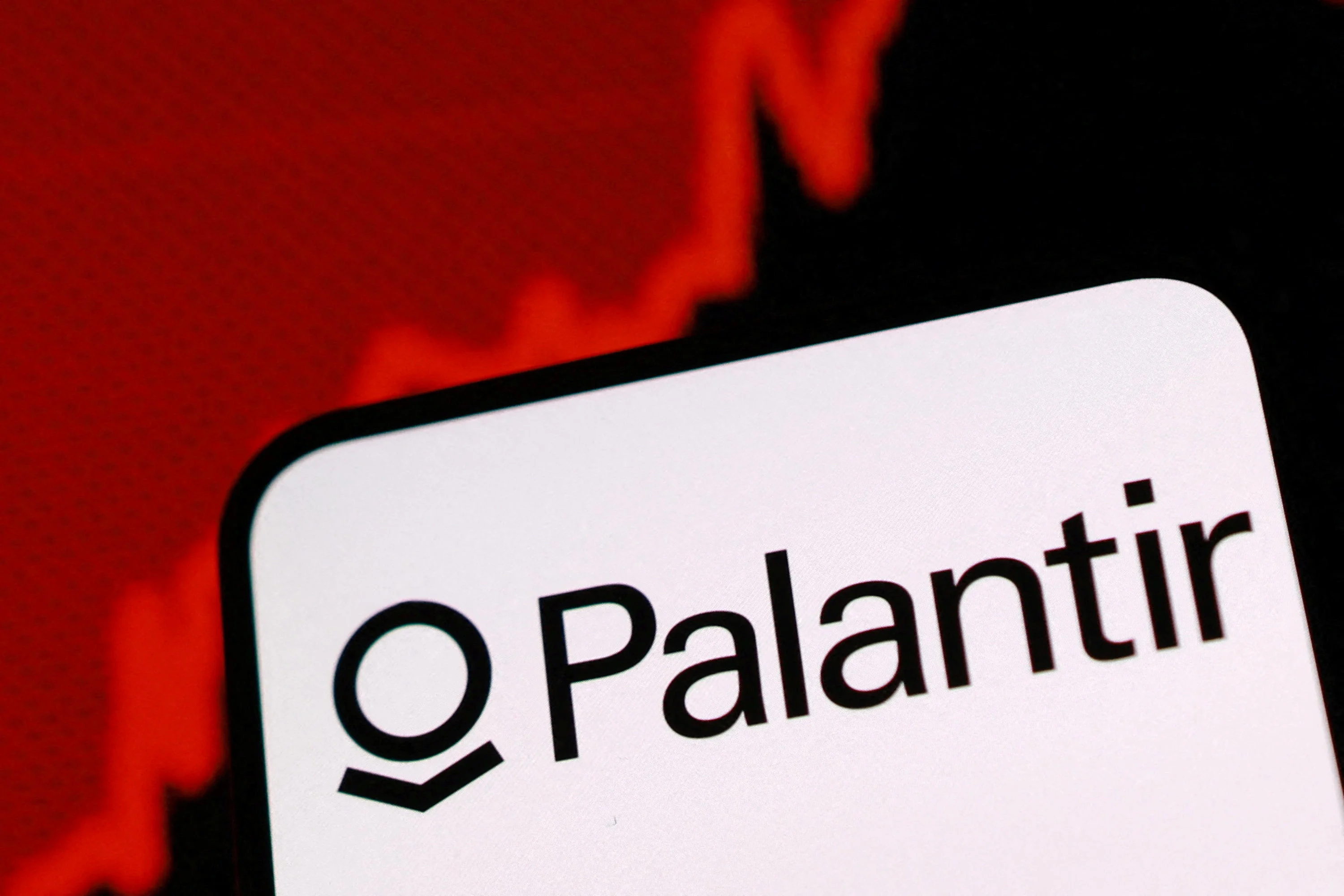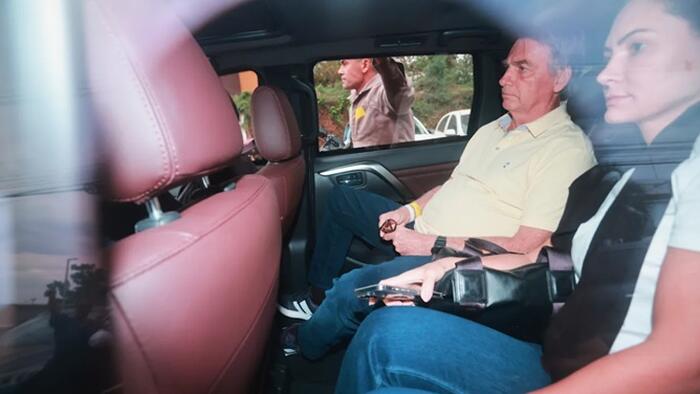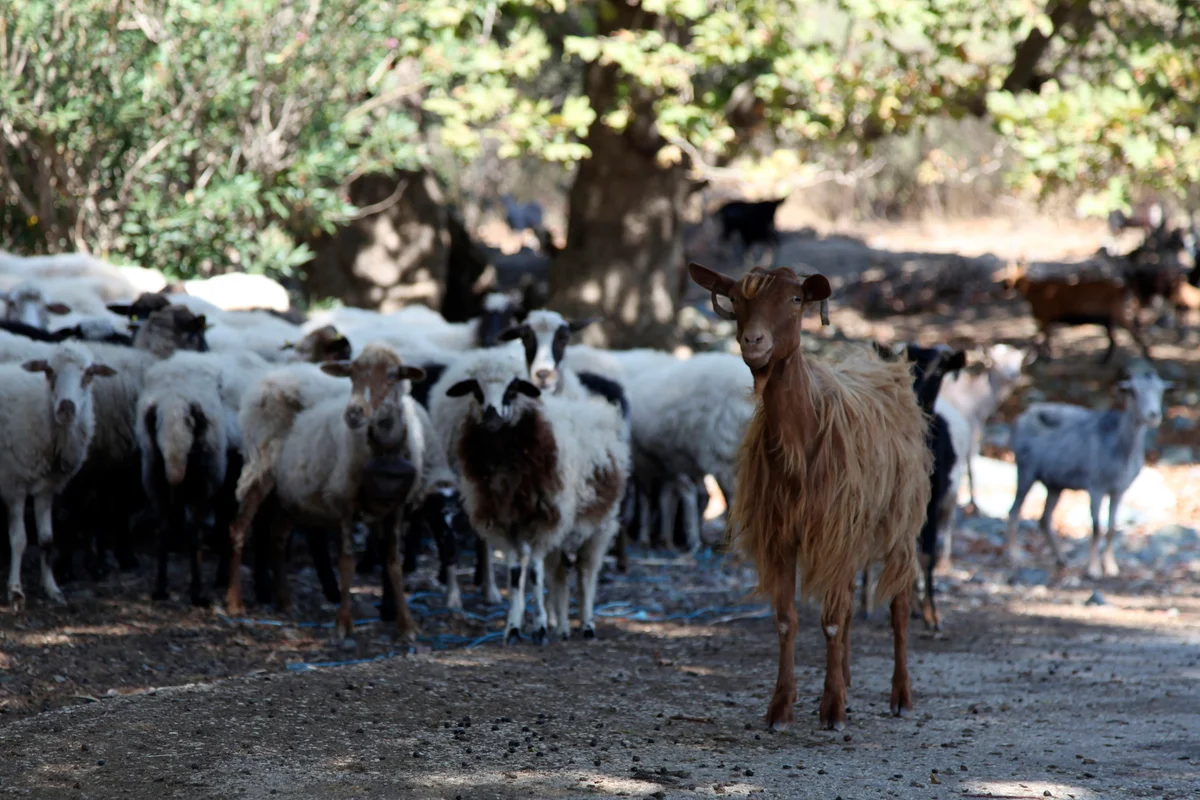By Ally Foster
Copyright news

Confronting new research has revealed a growing mental health crisis among tradies, with 84 per cent of people in the industry – which is currently made up of 1.9 million workers across the country – experiencing ongoing mental health challenges.
The data comes off the back of a survey, conducted by hardware brand Mitre 10 and YouGov, involving more than 500 Australian adults working as professional tradespeople.
When the topic of tradies come up the conversation is often around salaries – with data from SEEK revealing some of the highest-paying tradie jobs can earn over $200,000 a year – or around worker shortages and the impacts of that across the country.
The conversation is rarely about mental health, but the findings released today show how desperately that needs to change, painting a daunting picture of the serious underlying issues facing the industry.
Of those surveyed, 75 per cent agreed their work is negatively impacting their ability to prioritise their mental health and wellbeing.
One in five also revealed they have experienced suicidal thoughts as a result of work-related challenges.
MORE: The highest paying trades in Australia
Scott Marshall, Chief Executive Officer of Total Tools and Hardware Group, owner of the Mitre 10 brand, said the research was a “wake-up call”.
“We’ve always supported tradies on the job with the tools they need, but this made it clear we also need to step up after hours and offer the support they deserve off the tools, too,” he said.
As a result of the findings, Mitre 10 has launched a nationwide mental health initiative, the 4:01 Club, aimed at supporting Aussie tradies.
The goal of the campaign is simple, Mitre 10 spokesperson Kath Carroll told news.com.au.
“We want to inspire tradies to take small steps for their mental health. Whether it’s moving, connecting, or starting a chat, Mitre 10’s 4:01 Club is about breaking stigma and showing support,” she said, adding that tradies are the “backbone of our communities”.
“Mitre 10 wanted to create a program that was so much more than just adding our logo to a cause. The 4:01 Club is about practical mental health initiatives that are tailor made for tradies and designed to make a difference.”
The initiative, the launch of which coincides with National Tradies Day, will provide people in the industry with resources and activities to support their mental health, with a focus on using physical health to support overall wellbeing.
MORE: The highest paying jobs in Australia without a degree
The study found 77 per cent of tradies agree their work is negatively impacting their ability to prioritise their physical health and wellbeing, with the same amount trying it negatively impacts their ability to make time for hobbies or activities they enjoy.
A further 83 per cent don’t exercise as much as they would like to and 82 per cent said they don’t spend as much time with loved ones as they would like to.
As part of the 4:01 Club initiative, the name being a nod to the usual knock-off time for tradies, ultra-marathon athlete Nedd Brockmann will help launch a series of runs across the country.
The 26-year-old is now an athlete and motivational speaker, but before that he worked as an electrician, so he has seen the impacts of the mental health crisis in the industry first hand.
“Being on the tools, working on a job site full of blokes can be pretty intense and sometimes, you’re usually working long hours and there’s still that culture of just ‘suck it up’ and don’t talk about how you’re really going,” he told news.com.au.
Speaking from his own experience, Mr Brockmann said he has found moving his body to be the best way to clear his head.
“When you push yourself physically, you can switch the mind off from all the head noise,” he said.
“It builds confidence and you realise you’re capable of more than you thought, which helps build resilience.”
Many people in the tradie industry are often working physically all day, but the 26-year-old said this is not the same as intentional exercise.
He noted that you don’t get the same endorphin release because you are “under pressure, on the clock and often stressed”.
“When you choose to train or go for a run, you’re doing something for yourself and it’s intentional,” Mr Brockmann said.
The 4:01 Club runs will kick off from today, starting in Sydney, followed by Adelaide on September 23 and then Melbourne on September 25.
Alongside the runs, Mitre 10 is also launching a nationwide workshop series across Sydney, Melbourne and Tasmania from next month.
The workshops, which will be done in partnership with mental health organisations Speak & Share and SPEAK UP! Stay ChatTY, are designed to equip tradies with the tools and support to open up to one another and build a stronger culture.
Speaking to news.com.au, Ben Farish, co-founder of not-for-profit mental health charity Speak & Share, said there are a series of factors that make tradies group that is particularly vulnerable to mental health struggles.
“The trade industry often comes with long hours, physical demands, and sometimes inconsistent work, which can create high levels of stress and fatigue,” he said, adding many in the industry also face financial pressures from unstable work loads or running their own business.
“On top of this, the culture in the industry has traditionally discouraged open conversations about mental health, leaving people to deal with challenges in silence.”
While Mr Farish believes Australia as a whole has made real progress in recent years in reducing the stigma around mental health conversations, the work is far from over.
“Stigma remains strong in industries like the trades, where a ‘tough it out’ culture is still common,” he said.
Mr Farish said initiatives that address all aspects of health and wellbeing, like the 4:01 Club, are “crucial” to helping break the mental health stigma.
“To keep moving forward, the government and community need to invest more in preventive approaches, ensuring everyday support and education are prioritised over reactive measures.”
For tradies for are currently struggling with their mental health, Mr Farish said the first step is realising it is okay to reach out, whether that be to a friend, a family member or a professional.
Simple things like moving your body, eating well and getting enough sleep can also have a major impact on a person’s wellbeing.
“Staying connected with mates or joining a group outside of work helps stop you feeling isolated,” Mr Farish added.



